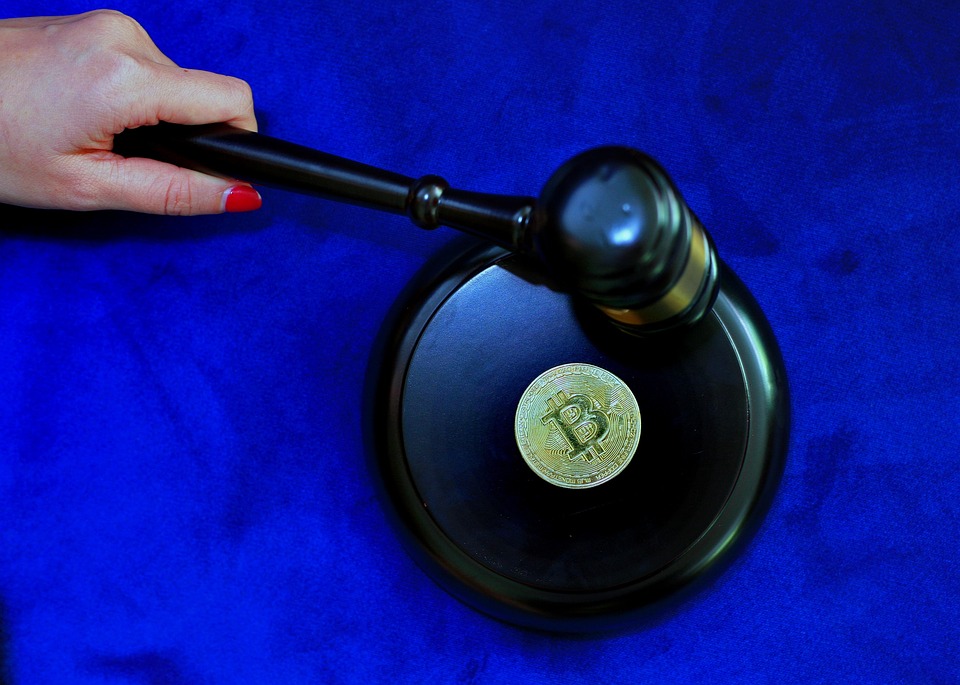In an age where digital interactions dominate daily life, the pressing need for trust in online exchanges has never been more evident. From financial transactions to personal data sharing, the digital landscape is riddled with challenges that threaten privacy, security, and confidence. Amid these concerns, blockchain technology has emerged as a potential beacon of hope. But is blockchain truly the key to unlocking digital trust?
Understanding Blockchain Technology
At its core, blockchain is a decentralized ledger technology that allows for the secure and transparent recording of transactions across multiple computers. Each transaction is bundled into a "block" and linked to the previous one, creating a chronological "chain." This structure not only enhances security but also ensures that once data is recorded, it cannot be altered without consensus from the network. This immutability and transparency are fundamental characteristics that differentiate blockchain from traditional database systems.
The Trust Issue in the Digital Age
The digital economy is built on trust—be it between users, businesses, or institutions. Yet, trust has been eroded due to factors such as data breaches, fraud, and the proliferation of misinformation. Traditional systems rely heavily on intermediaries, such as banks or verification agencies, to facilitate trust between parties. However, these central authorities can be susceptible to failures, bias, and corruption.
How Blockchain Fosters Trust
-
Decentralization: One of the most significant advantages of blockchain is its decentralized nature. By distributing data across a network of computers, it eliminates the need for a single point of control. This fosters a sense of collective ownership and reduces the risk of manipulation.
-
Transparency: Every transaction on a blockchain is recorded in a public ledger that is accessible to all participants. This openness allows users to verify each transaction independently, enhancing accountability.
-
Immutability: Once data is added to the blockchain, it becomes nearly impossible to alter or delete. This provides a reliable audit trail that can be invaluable in disputes, ensuring that all parties can trust the integrity of the information.
-
Smart Contracts: These are self-executing contracts with the terms directly written into code. Smart contracts can automate and enforce agreements, reducing the need for intermediaries and minimizing the risk of human error or fraud.
- Enhanced Security: Blockchain uses cryptographic techniques to secure data, making it resistant to hacking and fraud. Transactions are verified by a consensus mechanism among network participants, adding another layer of security.
Real-World Applications of Blockchain in Building Trust
Several industries are already harnessing blockchain to foster trust in their ecosystems:
-
Finance: Blockchain is revolutionizing the financial sector by enabling secure, peer-to-peer transactions without the need for traditional banks. Cryptocurrencies and decentralized finance (DeFi) platforms exemplify how transactions can occur transparently and securely.
-
Supply Chain Management: Companies are using blockchain to track products from origin to consumer, ensuring authenticity and ethical sourcing. For example, Walmart employs blockchain to enhance food traceability, helping to quickly identify and mitigate food safety issues.
-
Healthcare: Patient data can be securely shared on a blockchain, allowing for better coordination among providers while maintaining patient privacy. This transparency can build trust between patients and healthcare systems.
- Voting Systems: Blockchain-based voting could provide a transparent and tamper-proof solution, potentially eliminating issues of voter fraud and ensuring the integrity of elections.
Challenges and Limitations
While blockchain holds immense potential for building digital trust, several challenges remain:
-
Scalability: Many blockchain networks struggle with handling a high volume of transactions, which can slow down operations.
-
Regulatory Concerns: Governments are still grappling with how to regulate blockchain technology, which can lead to uncertainty for businesses looking to adopt it.
-
Adoption Barriers: The complexity of blockchain technology can be a barrier to entry for some organizations, particularly smaller businesses with limited resources.
- Energy Consumption: Some blockchain networks, particularly those using proof-of-work mechanisms, can consume large amounts of energy, raising concerns about environmental sustainability.
Conclusion
Blockchain technology offers a transformative approach to establishing digital trust by providing transparency, security, and decentralization. While it may not be a silver bullet that completely resolves trust issues in the digital age, it certainly represents a significant step forward in creating a more trustworthy digital landscape. As industries continue to explore its capabilities and overcome existing challenges, blockchain may indeed prove to be the key to unlocking a new era of digital trust. The journey is just beginning, and the potential is boundless.



